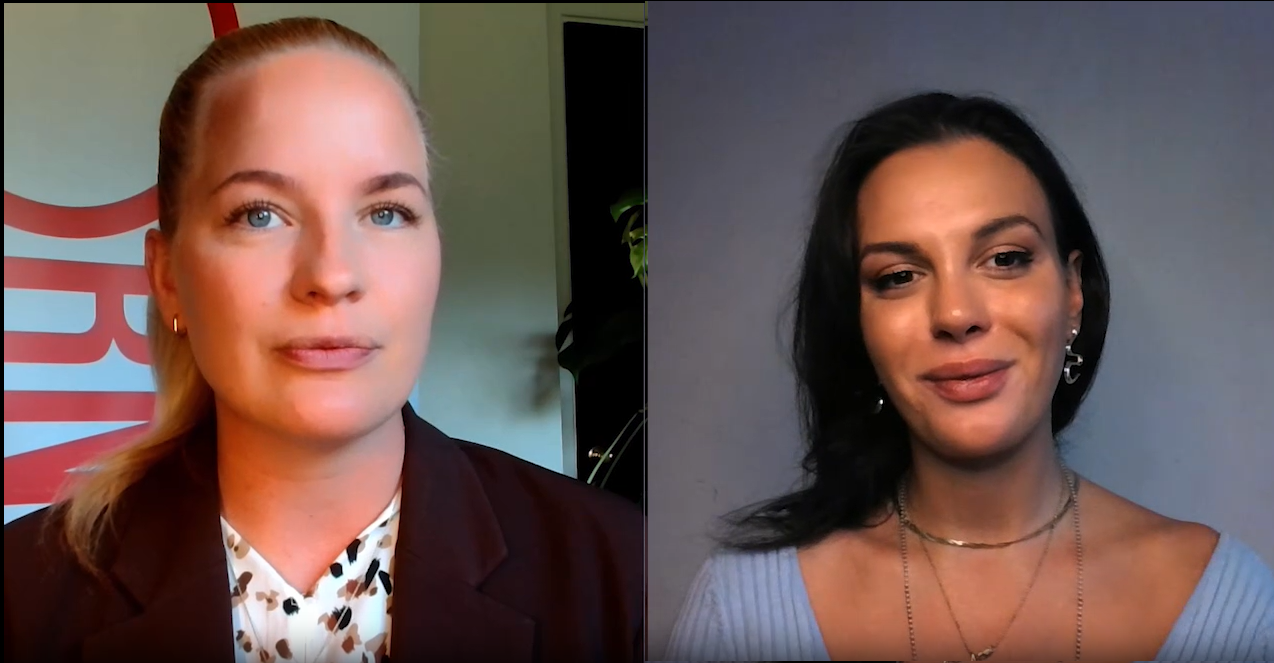Holly Black: Welcome to Morningstar. I'm Holly Black. With me is James Harries. He is Manager of the Trojan Global Income Fund. Hello.
James Harries: Hello.
Black: So, James, something that's been on the minds of investors in recent weeks is protecting their capital. Obviously, a lot of the time in investment we are thinking about growing our money, but in a downturn we are thinking about how to preserve it. How are you thinking about that in your fund?
Harries: Well, we are doing it in a number of different ways, both in terms of capital and income. In terms of capital, I suppose there's three elements. The first is, Troy’s investment process, we are a conservative absolute return-minded house. We always try and consider the downside to any investment, it's not just the upside in order to protect our clients' capital and then grow it thereafter.
The second is our positioning. We have been for some time fairly cautious because we felt that the actions of the authorities both in terms of monetary policy and probably now more in terms of fiscal policy have meant that the financial economy has become, should we say, somewhat divorced from the underlying real economy. We felt that in order to generate a modicum of growth and inflation the authorities have produced something that's anything but moderate in financial markets and therefore, we think you have to be highly selective about which businesses you're investing and be relatively cautious about your approach.
And the third point therefore is the portfolio itself. We are concentrated in sectors such as consumer staples, healthcare, technology and so on, which we think will be relatively resilient. Now, of course, we did not predict the coronavirus but there were a number of elements or features which we felt were pointing towards a slowdown anyway.
Black: So, when we think about a cautious portfolio, some fund managers have been holding a bit more cash than they might usually. Are you holding cash? Do you think it has a role to play in a portfolio?
Harries: Well, we are an income fund. We are generating an income yield of approximately 3% at the moment and we think the income is very valuable to our investors. Cash, of course, has no yield. Interest rates are effectively zero and looking towards going zero everywhere in the world. So, generally speaking, we will be fairly fully invested and we are concentrated on buying decent and resilient businesses rather than trying to time the market via cash flows.
Black: So, a lot of investors at the moment are thinking everything has fallen, is this the time to buy. Have you got some ideas or seen any opportunities from the sell-off?
Harries: Well, the best ideas that we see currently of course are those are in the portfolio, I guess, at the risk of repeating myself in consumer staples, healthcare and technology. Staples because of all the things we know about staples. They have pricing power as a result of brands. They have distribution scale and scope. They have real competitive advantages and their end markets tend to be pretty secure and robust also. But there are three areas where we think opportunities may present themselves in the future if markets do continue to be weak as a result of the ensuing recession which must follow as a result of what's going on. And they are residing in three areas.
The first is emerging markets. It's really troubling what's likely to be happening in emerging markets in the coming weeks and months and it's terrible to contemplate. But humanity is resilient and on the first side of that there will be billions of consumers who need products and services which businesses can provide. And we may get an opportunity to invest in some of those.
The second is more cyclical businesses. If we are moving into a recession, so high-quality, high return on capital through the cycle but slightly more cyclical businesses may present some opportunity.
And the third is market-related businesses. So, there are some businesses such as exchanges, asset managers, who are to a degree dependent upon the absolute level and activity within markets and we'd like to be buying those when the markets themselves are better valued tying in with what I was saying at the beginning about fairly elevated valuations. So, we are very comfortable with the portfolio we have despite the current uncertainties, but there are areas we'd like to allocate to should we get the opportunity.
Black: James, thank you so much for your time. For Morningstar, I'm Holly Black.




























